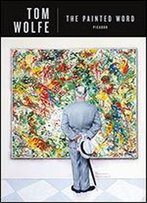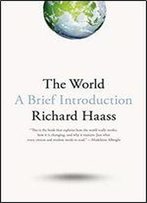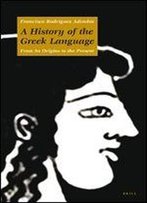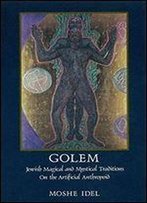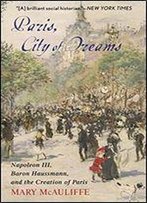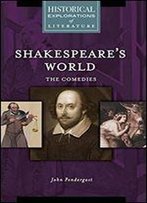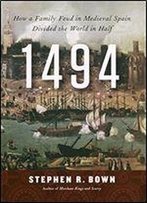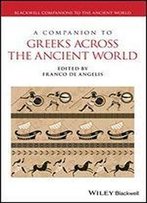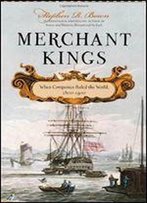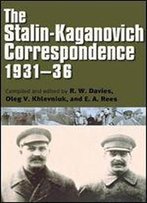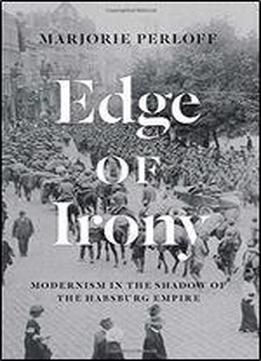
Edge Of Irony: Modernism In The Shadow Of The Habsburg Empire
by Marjorie Perloff /
2016 / English / PDF
51.3 MB Download
Among the brilliant writers and thinkers who emerged from the multicultural and polyglot world of the Austro-Hungarian Empire were Sigmund Freud, Ludwig Wittgenstein, Franz Kafka, and Paul Celan. For them, the trauma of the First World War included the sudden dissolution of the geographical entity into which they were born. Austria, the small, fragile republic that emerged from the Empire in 1918, became in Karl Krauswords the research laboratory for world destruction. In this major reconsideration of European modernism, Marjorie Perloff identifies and explores the aesthetic world that emerged from the rubble of WWI Vienna and other former Hapsburg territoriesan Austro-Modernist ethos that strangely anticipates the darkness and cynicism of our own disillusioned twenty-first-century culture. Perloff introduces works in a variety of genresdrama (KrausLast Days of Mankind ), the novel (RothThe Radetzky March ), the essay (central to Robert MusilThe Man without Qualities ), the memoir (Elias CanettiThe Tongue Set Free ), the lyric poem (Celanlove poetry), and the philosophical notebook (Wittgenstein)so as to give even non-specialists a sense of the complex and troubled literary scene created in the shadow of empire and war. These writers created a deeply skeptical and resolutely individualistic modernismone much less ideologically charged, for example, than its counterpart in Germany. Austro-Modernism was not avant-garde in the usual senses, Perloff shows. But its savage and grotesquely comic irony, its conviction, most memorably expressed by Wittgenstein, that argumentation was best conveyed through aphorism, its fondness for paradox and contradiction as modes of understanding, and its early embrace of an aesthetics of documentation and appropriationthese may well be the most lasting legacies of any modernist movement. Austro-Modernism emerges here as a vital alternative, not only to the French and Anglo-American modernisms that have largely defined the period, but also to Weimar and the Frankfurt School, so central to Anglo-American cultural studies."
